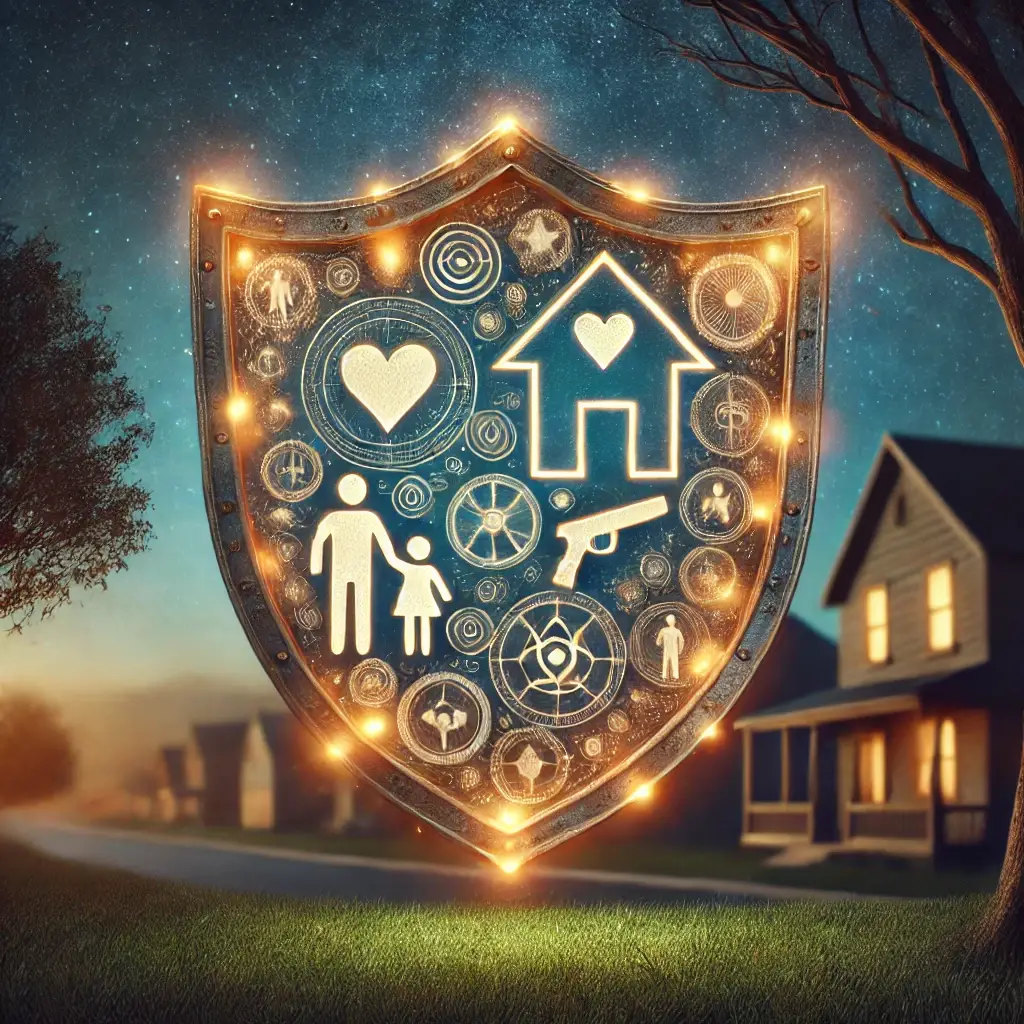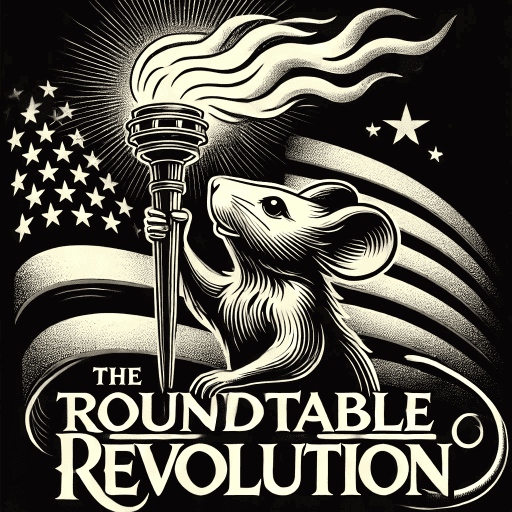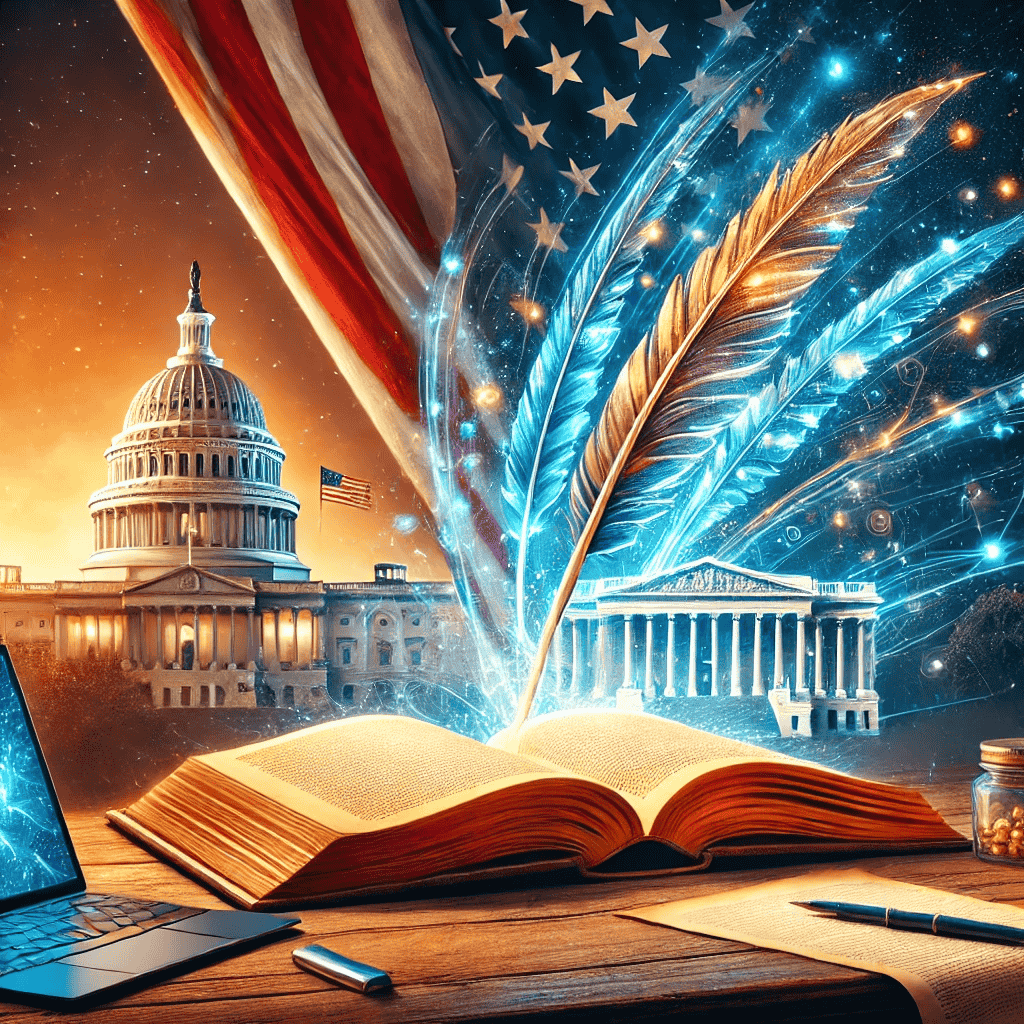
America’s relationship with guns is as complex as it is deeply rooted. We’re a nation built on the principles of independence, self-defense, and the right to bear arms. For many, owning a gun is a source of pride and security, a tangible connection to our freedoms. But we can’t ignore the reality that this relationship has grown toxic. We love our guns, but the consequences of unchecked access and purposefully designed loopholes are undeniable. It’s time to talk about responsibility—not restrictions—and what it means to protect both our rights and our people.
This isn’t about taking guns away. It’s about understanding their purpose in today’s world and finding ways to preserve the Second Amendment while addressing the dangerous gaps in our system.
A Hard Look at the Numbers
Over 70% of weapons seized from drug cartels and human trafficking operations can be traced back to legal purchases in the United States. Think about that: weapons legally purchased here are fueling violence not only within our borders but across others. In our own cities, the guns used in violent crimes often come from states with looser regulations. The problem isn’t law-abiding gun owners—it’s the lack of consistent, thoughtful safeguards that allow these tragedies to continue.
And then there are the mass shootings. School classrooms, concerts, theaters—these are not war zones, but they’ve been treated as such by individuals armed with weapons designed for combat. The argument that “a gun is just a tool” falls apart when you examine the reality: tools matter. Yes, people pull the trigger—but without access to the weapon, their ability to act on those impulses is limited. And the type of weapon makes all the difference.
Whether you’re pro-gun or anti-gun, there’s one thing we should all agree on: the people committing these acts should never have been trusted with access to those weapons. The question isn’t whether laws alone will stop all crime—they won’t. But the idea that we should do nothing because “criminals don’t obey laws” is absurd. By that logic, why have laws at all?
No solution will create overnight change. It’s about setting better safeguards now, so future generations don’t inherit this same cycle. Most Americans believe we need smarter gun regulations, but fear of “they’re coming for your guns” prevents progress. Regulations aren’t the beginning of taking guns away; they’re about keeping weapons out of the hands of people who even responsible gun owners wouldn’t trust.
Purpose and Psychology
A handgun’s primary purpose is self-defense. It’s a close-range weapon, effective for protecting yourself and your family. An assault-style rifle, on the other hand, is designed for high-capacity, rapid-fire engagement. Its purpose is rooted in combat, not personal defense, and its consequences in the wrong hands are devastatingly clear.
Now, there’s always controversy over the term “assault rifle.” But when people hear it, they know what’s being described: weapons meant for combat—designed to inflict mass casualties quickly and efficiently. The exact label matters less than the reality of their use. These weapons weren’t made to protect homes or hunt deer; they were made for the battlefield. In the wrong hands, they’ve turned schools, concerts, and shopping malls into war zones.
But beyond the physical differences, there’s a psychological reality we cannot ignore. If you were in a crowd and someone opened fire, would you be more likely to act if they were armed with a handgun? Chances are, yes. A handgun is less intimidating and gives you moments to think, assess, and potentially act. An assault-style rifle, however, creates an overwhelming psychological and physical threat. Its sheer presence can paralyze people, making it far more effective at causing chaos and far harder to counteract—even by those who are armed themselves.
The idea that “guns don’t kill people, people kill people” simplifies a far more complex reality. Guns enable people to kill. And certain guns—those designed to inflict mass casualties—make it far easier, far deadlier, and far harder to prevent.
The Cost of Inaction
We have a problem, and ignoring it won’t make it go away. Our love affair with guns has blinded us to the consequences of our inaction. The weapons that should protect us are too often used against us, and the arguments for inaction are running thin.
It’s time for responsibility. It’s time for honesty. And it’s time to protect both our Second Amendment rights and the lives of our citizens. This isn’t about punishment—it’s about preservation: of life, of liberty, and of the pursuit of happiness.
Share! Pass it along! That’s how this works! Let it begin!


